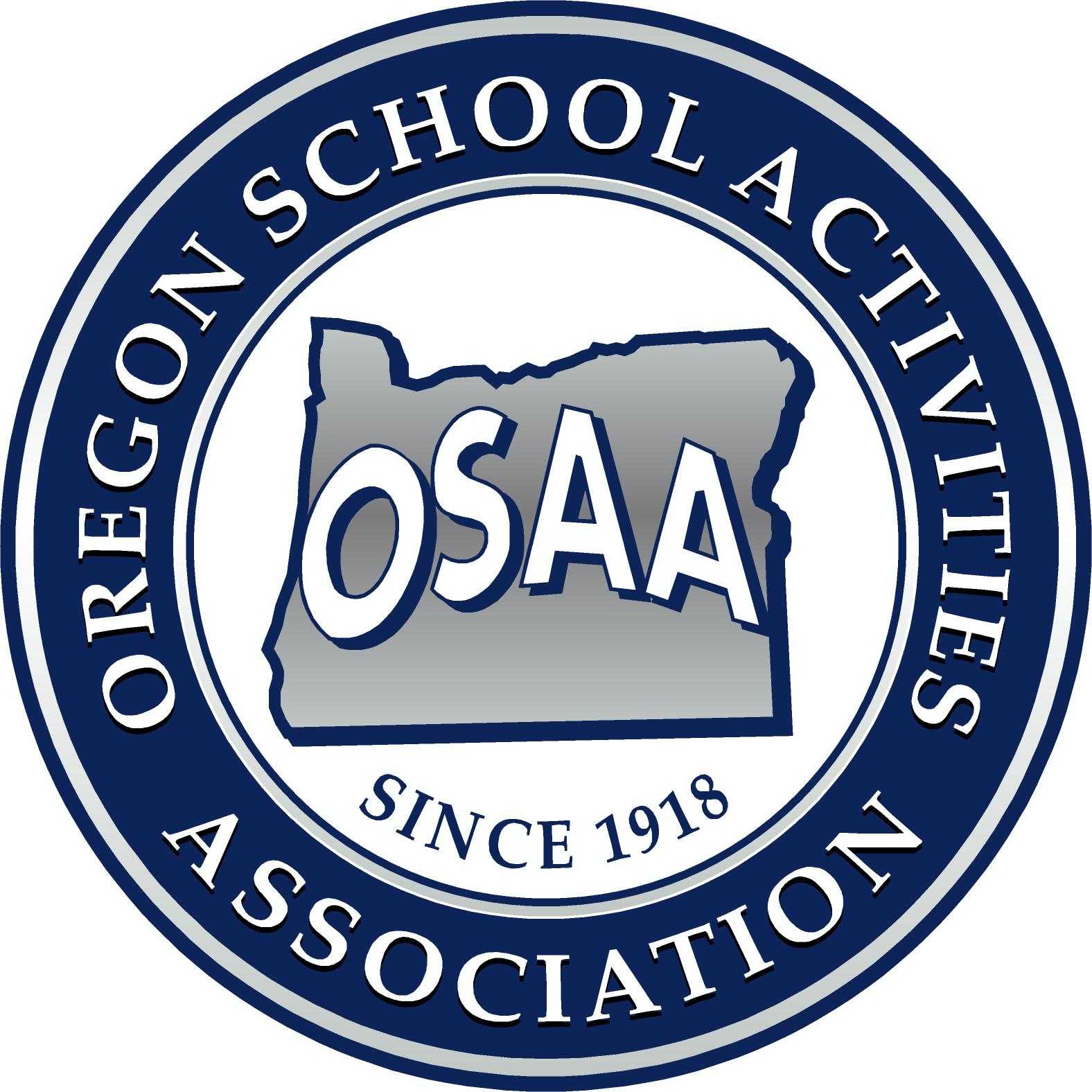
The OSAA has opted to forgo conducting state championships for Season 2, returning control of the sixth week of the season – or culminating week – to the schools.
The executive board, which reviewed the issue in a work session Wednesday, reached a consensus to return the week to the schools “to coordinate and execute local/regional culminating events at their discretion.”
Season 2 – which includes traditional fall sports football, soccer, volleyball and cross country – begins with contests March 1 and ends with the culminating week April 5-11. Contingency groups from those sports provided input to the board.
“The board has spent a lot of time on this over the last couple months,” OSAA executive director Peter Weber said. “The realities of trying to conduct large events, given where things stand right now, didn't seem advisable in their minds. A lot of different issues come into play.”
Organizing state championship events during the COVID-19 crisis is riddled with complications. In a release, the board cited issues such as establishing equitable qualifying procedures, district-adopted travel restrictions, county gathering-size restrictions, and impacts from schools forming regional pods as key factors.
The board also noted that some schools will not be able to start their seasons on time, and others may have their seasons fragmented or shifted due to outbreaks.
The board said that it did not want to “put any undue pressure” on schools to compete in a state championship event that could have health risks for their students and community.
It cited recommendations from the Oregon Health Authority that advise against unnecessary travel between counties, especially those at different risk levels. The potential for overnight stays also was a concern.
“Criss-crossing the state at this point, or bringing a large group of people to one venue, just wasn't something that they were supportive of at this point,” Weber said.
Weber said the board considered the different dynamic of a championship event for cross country, an individual sport, and the other team sports, which require more time for playoff rounds. But overriding factors remained.
“Part of it goes back to where things are in the state right now,” Weber said. “The idea of schools staying local and regional for their regular season, then to turn around in the sixth week and say, 'OK, now we're going to put that aside and brings kids from all over the state to one location,' if we could even find a location to do that, just didn't make sense to the board at this point.”
Considering the season already has been shortened, the board views returning the sixth week to the schools as an opportunity for additional participation.
“That would include subvarsity, etc. They would be able to participate that week,” Weber said.
The football contingency group has considered creating a “bowl week” of sorts since its early discussions. For example, the sixth week could include crossover “bowl” games between nearby leagues.
Whatever the schools decide, the OSAA has pledged its support.
“Our staff is going to support schools as much as we can as they try to organize those things,” Weber said. “We certainly want to help promote. But ultimately, that will be the local decision as to what they do.”
The decision on Season 2 has no bearing on championship plans for Seasons 3 and 4. The OSAA will review options for those seasons in the coming months.
The board reaffirmed its support for conducting virtual events for cheerleading, dance/drill, solo music, band, orchestra, choir and speech. Those events will take place as scheduled on the OSAA calendar.









